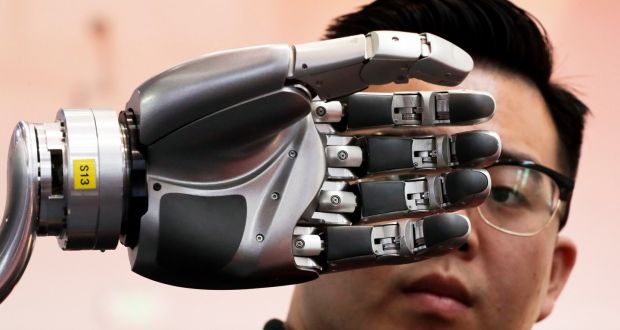Source – irishtimes.com
With the recent explosion in artificial intelligence, there has been the understandable concern about its potential impact on human work. But economic theory suggests that AI will substantially raise the value of human judgment. People who display good judgment will become more valuable, not less.
Recent advances in AI are expected to lower the cost of using data and make predictions. Economic theory tells us that as the cost of machine prediction falls, machines will do more and more prediction.
Prediction is useful because it helps improve decisions. But it isn’t the only input into decision-making; the other key input is judgment, or the process of determining what the reward to a particular action is in a particular environment. Judgment is how we work out the benefits and costs of different decisions in different situations, calculating trade-offs and payoffs.
Humans learn the payoffs to different outcomes by experience, making choices and observing their mistakes. But couldn’t AI calculate costs and benefits itself?
While machines might be able to use data to optimise for profit, someone would have had to programme the AI as to what the appropriate profit measure is. This highlights that a particular form of human judgment will become increasingly common and valuable.
Like people, AIs can learn from experience. One important technique in AI is reinforcement learning whereby a computer is trained to take actions that maximise a certain reward function.
The humans who determine that reward will play a central role in judgment, and therefore in organisational decision-making.
Think clearly
As AIs serve up better and cheaper predictions, there is a need to think clearly and work out how to best use those predictions. This is when reward function engineering comes in – the job of determining the rewards to various actions given the predictions made by the AI.
Sometimes reward function engineering involves programming the rewards in advance of the predictions so that actions can be automated. At other times, such hard-coding of the rewards is too difficult. In some cases humans need to wait for the prediction to arrive, and then assess the payoff.
Every day, we make decisions and judge the rewards. But when we do this for humans, prediction and judgment are grouped together. As machines get better at prediction, the distinct value of reward function engineering will increase as the application of human judgment becomes central.
Machine prediction can prove to be a complement to human judgment. Cheaper prediction will generate more demand for decision-making, so there will be more opportunities to exercise human judgment. Although it is too early to speculate on the overall impact of AI on jobs, we might soon be witness to a great flourishing of demand for human judgment.
